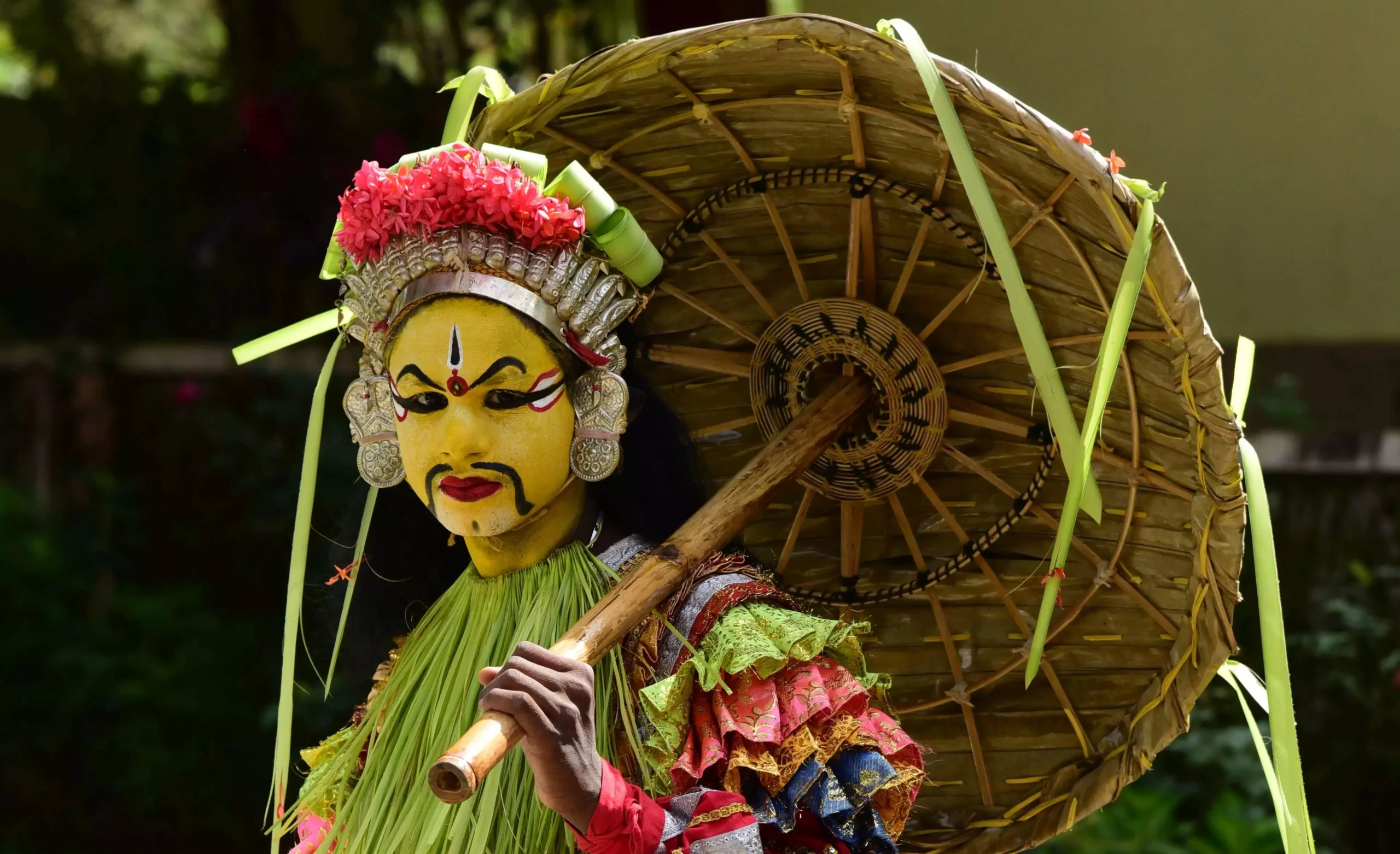
No moon day is known as Amavasya in the indian subcontinent, Irrespective of religion this day is believed to be as a time of great powers.Today 28th of July is celebrated as AATI AMAASE/Amavasya back in my hometown.Aati means the month of Ashaada according to the hindu calendar which falls between the months July and August, On this day every tuluva wakes up in the morning and breaks his/her fast with an extremely bitter juice known as kashaya in empty stomach.Kasahaya means the decoction or extract of one or more herbs according to Ayurveda.
So what so special about aati kashaya?
The bitter juice is made from the medicinal tree ‘Paale Mara’ (Tulu) in botanical terms ‘Alstonia Scholars’, also known as blackboard tree, devils tree, or databank in English.The skin of this tree is peeled and pound to extract its juice and mixed with spices and consumed in small quantities by family members, a piece of jaggery is given to balance the bitterness of the juice and menthe da ganji (a porridge made of fenugreek) is eaten along with coconut.The interesting fact about this medicinal juice is that it can be consumed only during particular day of the year.Since soon after the month of aati festival and celebrations start and people tend to eat various types of sweet and savouries, it is believed that this juice protects and gives immunity to the body until the next aati amavasya.
About Aati or Ashaada month
We all know that South India will be filled with greenery due to high rainfall during the months of July and August, but the month was believed to be inauspicious or month of poverty by the agriculture families because there were no vegetables or food grains yielding in this month due to overpouring rains. And most of the times wildly available vegetables and foods are consumed during this month.Also the month was observed as a month of rest for farmers after sowing the grains, hence the women of the agricultural families were sent to their mothers home to take rest after a sowing season.
Aati Kalenja
Aati kalenja is a tradition/ritual performed during the month, where people from the nalke community perform in typical attire, dance to the rhythm of drums. It is a common belief that the people who participate in the Aatikalanja dance frees his house from the evil spirits and lives a happy life.

